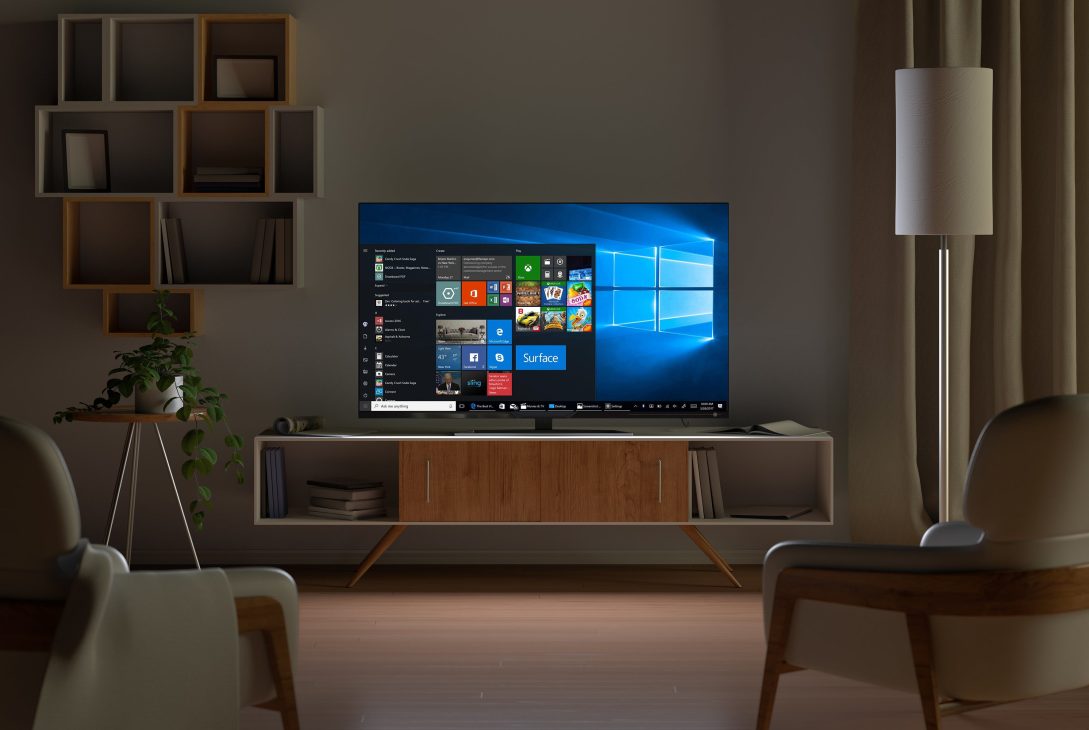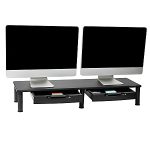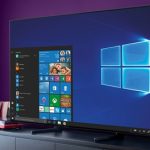Yes, you can use a TV as a PC monitor using an HDMI cable for seamless connectivity. Many modern TVs have HDMI ports, making them compatible with PCs.
Using a TV as a monitor can provide a larger display for better productivity and entertainment purposes. It allows you to enjoy games, videos, and other content on a bigger screen with high picture quality. However, it is essential to check the resolution and refresh rate compatibility between your PC and TV to ensure optimal performance.
By following simple setup steps, you can easily transform your TV into a functional PC monitor, enhancing your overall viewing experience.
Turning Your Tv Into A Pc Monitor
Transform your TV into a PC monitor for a larger display. Using a TV as a PC monitor allows for a more immersive viewing experience and increases productivity. It’s a simple and cost-effective way to upgrade your workspace.
Choosing The Right Tv
Consider screen size and resolution for optimal display performance.
Check for HDMI ports to ensure seamless connectivity with your PC.
Connecting Your Devices
Connect your PC and TV using an HDMI cable for clear transmission.
Adjust display settings on your PC to match the TV resolution.
Pros And Cons
Connecting your TV as a PC monitor can be a convenient and cost-effective solution for enhancing your computing experience. However, there are both advantages and drawbacks to consider before making this decision.
Benefits Of Using A Tv As A Pc Monitor
- Large screen size for enhanced visibility.
- Cost-effective option for dual-purpose functionality.
- Better for entertainment such as gaming and streaming.
Drawbacks To Consider
- Limited pixel density may affect text clarity.
- Input lag and refresh rate issues can impact real-time tasks.
- Space constraints due to bulkier design compared to monitors.
Optimizing Your Setup
Discover the possibility of using a TV as a PC monitor by optimizing your setup for a seamless experience. With the right connections and settings adjustments, transform your television into a functional display for your computer. Enjoy enhanced productivity and entertainment with this efficient setup method.
Optimizing Your Setup When using a TV as a PC monitor, optimization is crucial to ensure a seamless and enjoyable experience. There are several factors to consider in order to maximize the performance of your setup. From resolution and display settings to audio considerations, each element plays a significant role in enhancing the usability of your TV as a PC monitor.Resolution And Display Settings
Using a TV as a PC monitor opens up a world of possibilities in terms of display settings. Optimizing the resolution is vital for achieving crisp and clear visuals. Ensure that the resolution settings on both your PC and TV are compatible. Adjust the display scaling to fit the screen appropriately, avoiding any overscan or underscan issues.Audio Considerations
While focusing on visuals is essential, don’t overlook the audio aspect of your setup. Ensure that the audio output from your PC is routed to the TV for a complete multimedia experience. Fine-tune the audio settings on both devices to deliver an immersive sound quality. By optimizing your resolution and display settings and considering the audio aspects of your setup, you can fully harness the potential of using a TV as a PC monitor.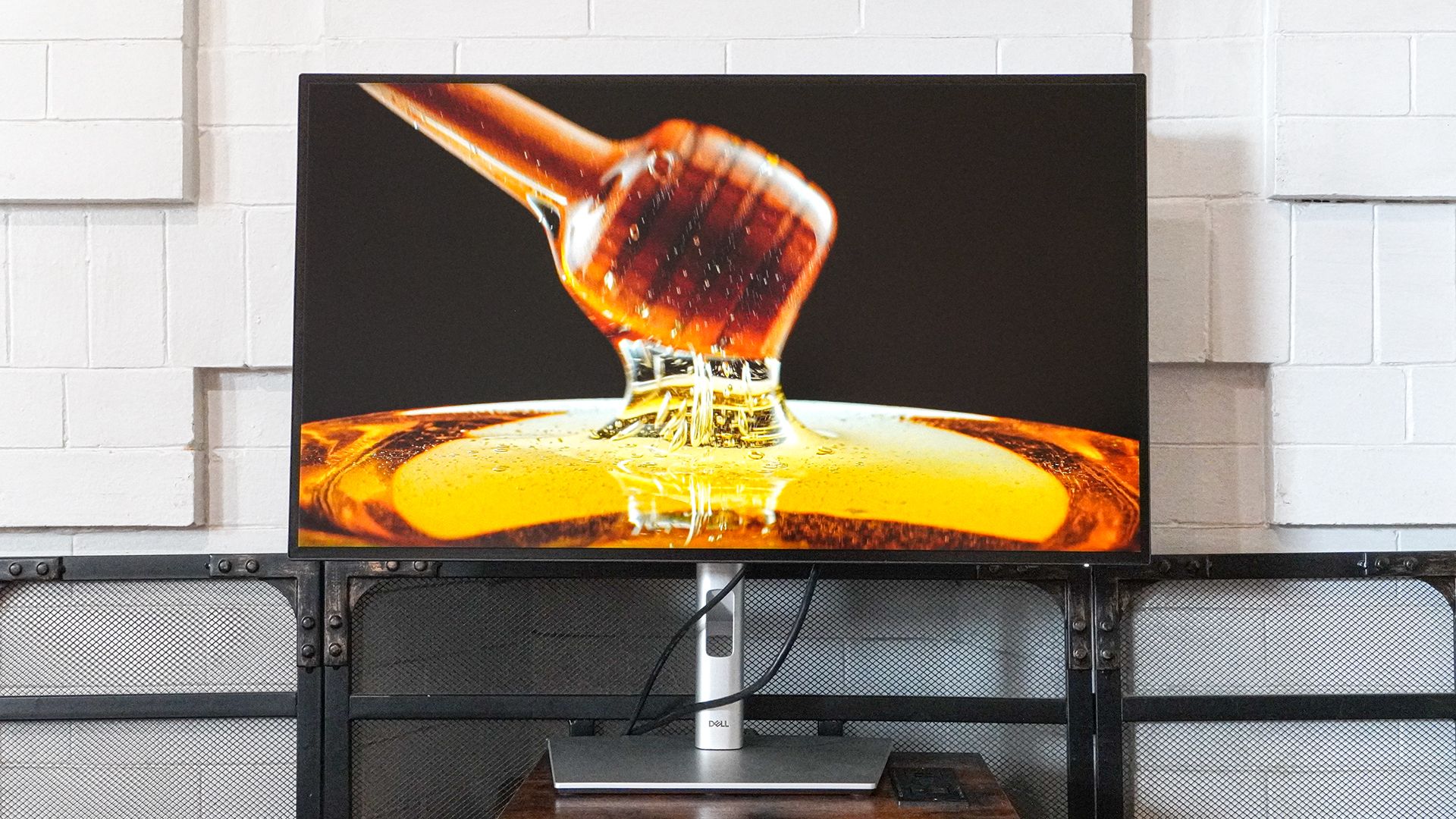
Credit: www.cnn.com
Navigating Potential Issues
When using a TV as a PC monitor, there are potential issues that you might encounter. This section will guide you through these challenges to help you make the most out of your setup.
Input Lag And Response Time
One important consideration when using a TV as a PC monitor is input lag. Input lag refers to the delay between your actions on your keyboard or mouse and the corresponding response on the screen. Higher input lag can make your tasks feel sluggish and less responsive.
Beyond input lag, response time is another factor to be aware of. Response time refers to how quickly a pixel changes from one color to another. TVs tend to have slower response times compared to monitors specifically designed for PCs. This can result in motion blur and ghosting, especially during fast-paced activities such as gaming or watching sports.
Compatibility Challenges
Using a TV as a PC monitor can bring about compatibility challenges that need to be navigated. These challenges include:
- Inadequate Resolution: Some TVs might have lower resolutions than standard PC monitors, resulting in less sharp and detailed images.
- Screen Size and Viewing Distance: TVs are typically larger than monitors, and sitting too close to a big screen for an extended period can strain your eyes. Finding the right screen size and viewing distance suitable for both productivity and comfort is crucial.
- Scaling Issues: TVs often have different scaling options compared to monitors. This disparity can lead to improper scaling, with elements on the screen appearing too large or too small.
- Connectivity: Ensure your TV and computer have compatible ports and cables to establish a reliable connection. HDMI ports are often the most common and recommended for this purpose.
By being aware of these compatibility challenges, you can take appropriate measures to address them and optimize your TV-as-PC-monitor experience.
Enhancing Your Experience
Explore the possibility of using a TV as a PC monitor for enhanced viewing experience. Connect your devices effortlessly for a seamless transition from entertainment to productivity. Sync visuals with high-definition clarity for a versatile, multi-functional setup.
Gaming On A Tv Monitor
Utilizing Smart Tv Features
Using a TV as a PC monitor can greatly enhance your computing experience, allowing you to enjoy stunning visuals, a larger screen size, and versatile functionalities. Whether you’re a gamer or a professional, incorporating a TV monitor into your setup can provide numerous benefits that take your experience to the next level.
Gaming On A Tv Monitor
When it comes to gaming, using a TV as your monitor can transform your gaming sessions into immersive, larger-than-life experiences. The expansive screen size of a TV allows for a wider field of view, making you feel more involved in the game. The high-resolution display of modern televisions ensures that every detail is crystal clear, enhancing your gaming visuals and making the graphics truly pop off the screen.
Moreover, some TVs come equipped with advanced features like high refresh rates and low input lag, tailored specifically for gaming. This means smoother gameplay and reduced response times, resulting in a more fluid and competitive gaming experience. With the option to connect consoles, PCs, or even mobile devices, using a TV monitor allows you to enjoy your favorite gaming titles in a grand cinematic style.
Utilizing Smart Tv Features
Beyond gaming, utilizing the smart TV features that come with most modern televisions further enhances your overall experience. Smart TVs enable you to access a range of applications and streaming services directly from your TV screen, eliminating the need for additional devices. With just a few clicks of your remote, you can browse the internet, stream movies and TV shows, or even video chat with friends and family.
Additionally, many smart TVs offer compatibility with voice controls or virtual assistants, allowing you to navigate through applications and settings effortlessly. This means that tasks like adjusting the volume, changing channels, or searching for content can be done using simple voice commands, making it a convenient and user-friendly experience.
Moreover, with the ability to connect to your home network, smart TVs can seamlessly integrate with other devices. You can easily stream content from your computer or smartphone directly onto your TV screen, providing a larger display for sharing presentations, watching videos, or showcasing your favorite photos.
In conclusion, using a TV as a PC monitor not only enhances your visual experience but also adds convenience and versatility to your computing setup. Whether you’re a gamer looking for an immersive gaming session or someone who wants to maximize productivity and entertainment, utilizing a TV monitor offers a range of benefits that can take your overall experience to new heights.
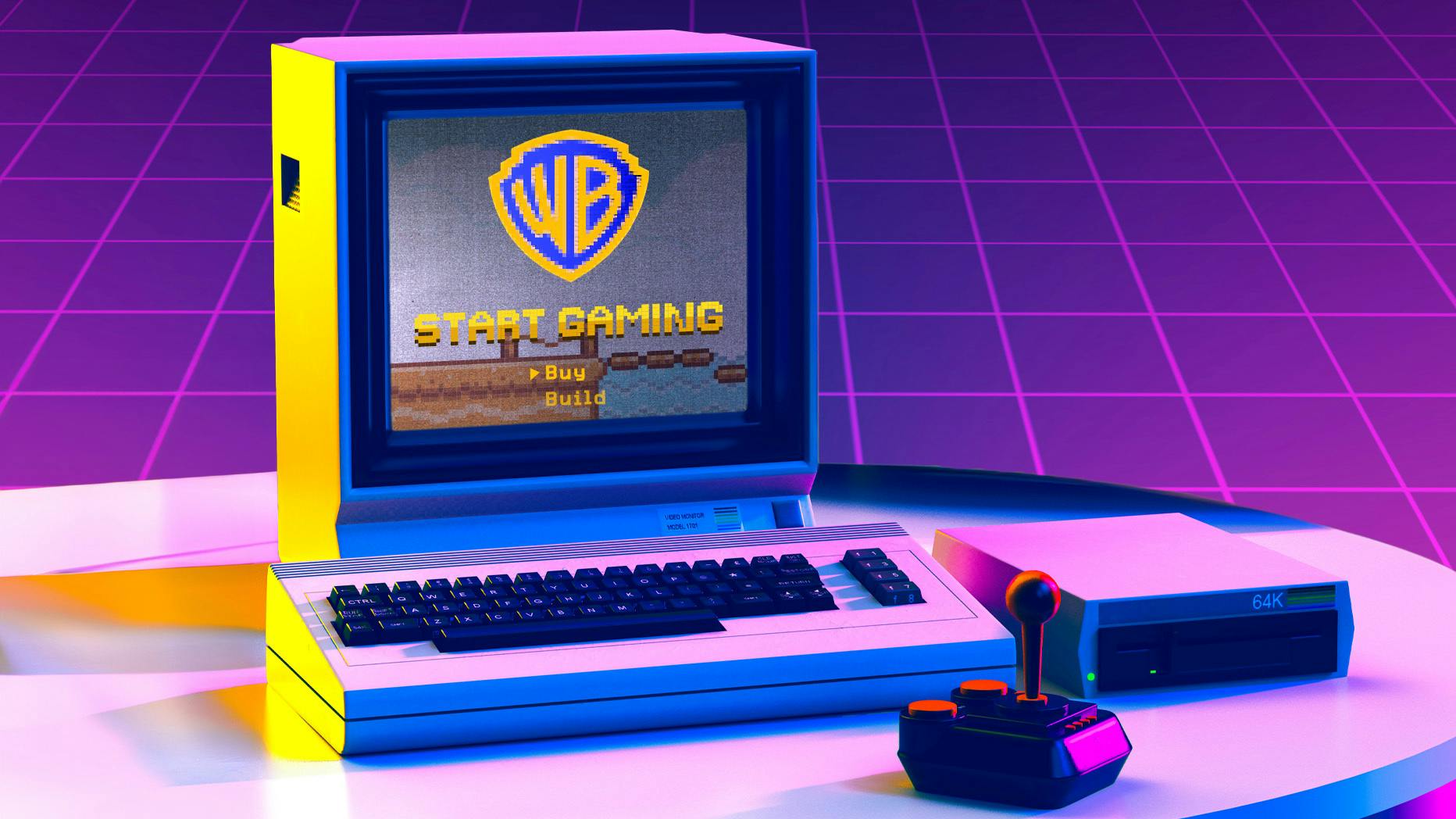
Credit: www.theinformation.com
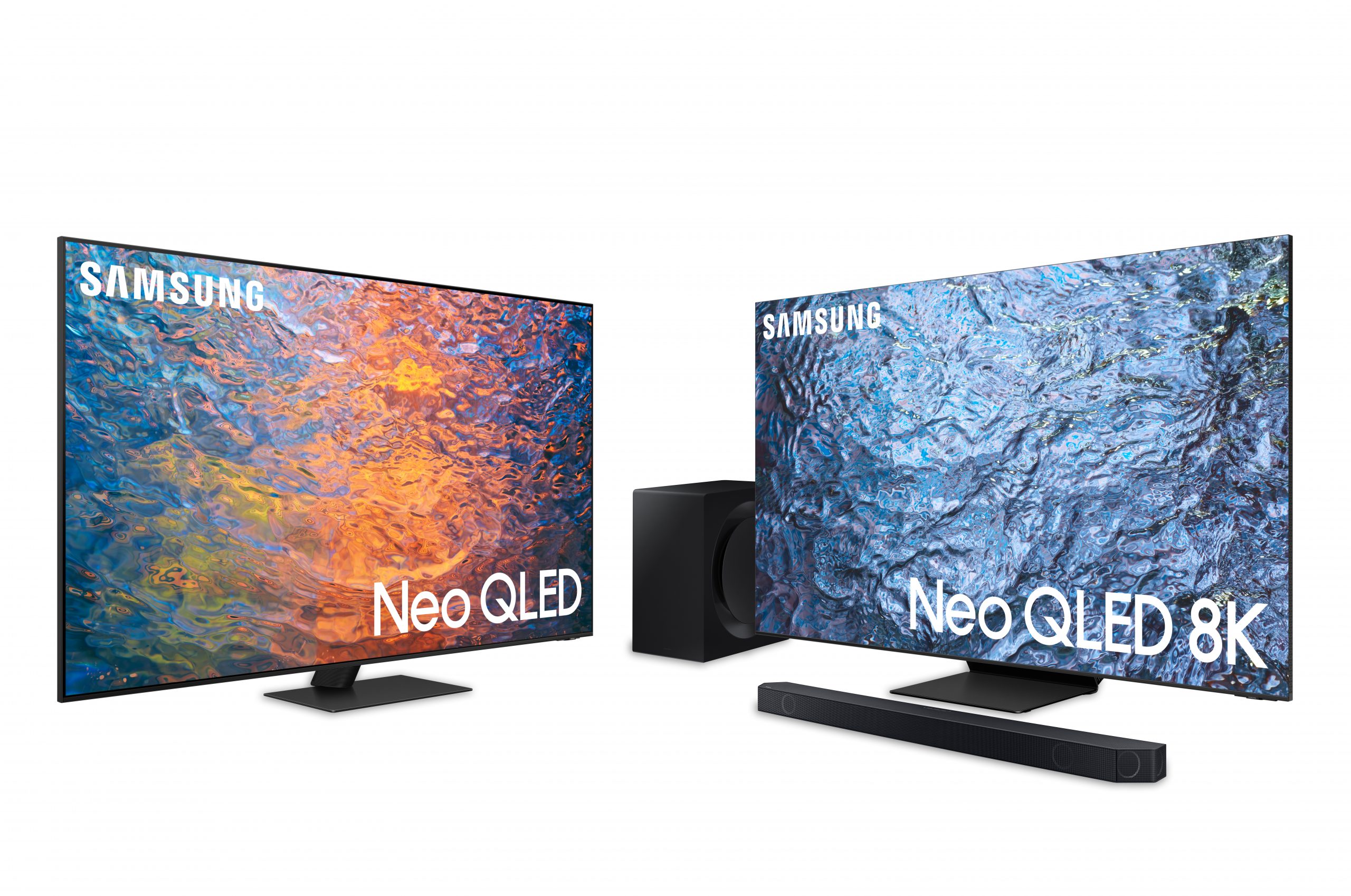
Credit: news.samsung.com
Frequently Asked Questions Of Can You Use A Tv As A Pc Monitor
Is It Safe To Use A Tv As A Computer Monitor?
Yes, it is safe to use a TV as a computer monitor. However, you should check the TV’s compatibility with your computer and make sure it has the appropriate connections and settings for optimal performance. Keep in mind that using a TV may not provide the same resolution and clarity as a dedicated monitor.
Can I Use A Normal Tv As A Pc Monitor?
Yes, you can use a normal TV as a PC monitor. TVs with HDMI ports can be connected to your computer, allowing you to use it as a larger display. Adjusting screen resolution may be necessary for optimal viewing experience.
Is A Tv Better Than A Monitor For Pc?
A TV can be better than a monitor for PC if you prefer a larger screen for gaming or watching movies. However, monitors offer better image quality and higher refresh rates for gaming and professional work. Choosing between the two depends on your preferences and needs.
How Can I Display My Pc On My Tv?
To display your PC on your TV, use an HDMI cable to connect the two devices. Make sure your PC and TV have HDMI ports. Change the TV input to the HDMI port connected to your PC, and your PC screen will be displayed on the TV.
Conclusion
Using a TV as a PC monitor can be a convenient and cost-effective option for many users. With the right connections and settings, you can enjoy a large, high-resolution display for work or entertainment. However, it’s important to consider the specific needs of your setup and ensure compatibility for the best experience.


